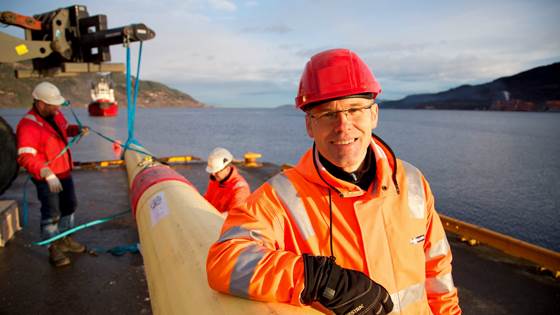
Pipelines carry out their own health checks
Long pipelines crammed with electronics are being tested in the waters of Orkanger harbour. They are the first in the world able to report their technical condition to personnel onshore

Long pipelines crammed with electronics are being tested in the waters of Orkanger harbour. They are the first in the world able to report their technical condition to personnel onshore
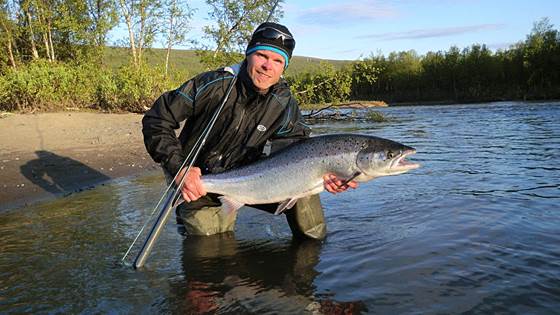
A new Norwegian fishing rod is about to be launched onto the world market. The inventor calls it fly fishing’s equivalent of carving skis
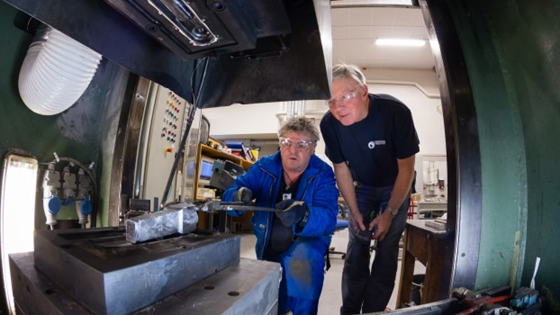
Aluminium components make vehicles lighter, which reduces fuel consumption. If a Norwegian project is successful, manufacturing them will soon also be less energy-intensive.
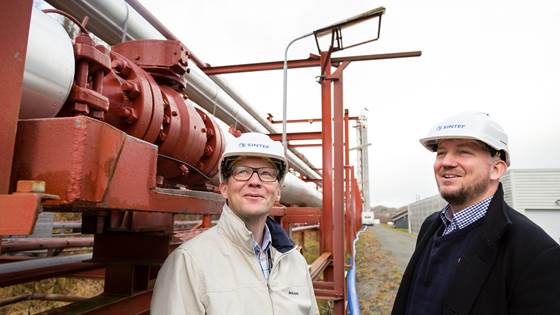
The Research Council of Norway recently awarded IFE and SINTEF 40 million NOK to upgrade their multiphase flow laboratories. This marks the beginning of a new era within multiphase flow research in Norway and a re-vitalized collaboration between IFE...
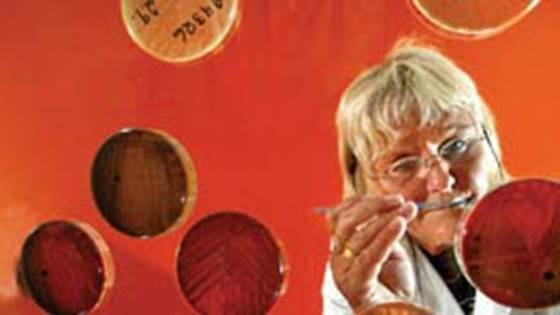
According to the textbooks, both high doses of chlorine and hot water are lethal to legionella bacteria. But now Norwegian scientists are sounding the alarm that the bacteria can survive these treatments, by hiding in amoebae.
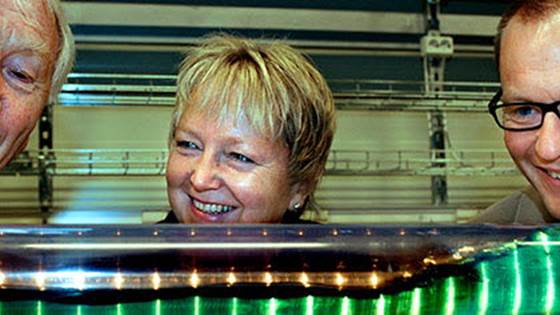
Two years ago Kongsberg Oil & Gas Technologies AS (KOGT) introduced the steady-state and transient multiphase flow simulator LedaFlow® to the oil and gas industry. Now the version LedaFlow 1.4 is released with improved models and numerics well suited...
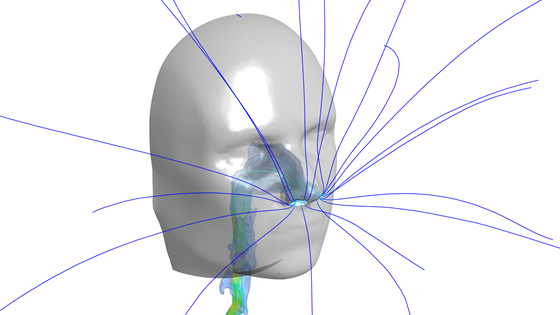
A flag waving in the wind can illustrate what we call "air-solids interaction". When the wind hits the top of the flagpole the flag dances to the wind's rhythms, often in complex ways. And as we all know: it takes two to tango. The air-flow is also...

Just think if your surgeon could tell you whether an operation had been successful, even before the scalpel touched your skin. Research scientist Sigrid K. Dahl from SINTEF Materials and Chemistry means to use simulation models to make that dream a...

Backed up by science, a Norwegian start-up launches “fishing luck in a tube”.